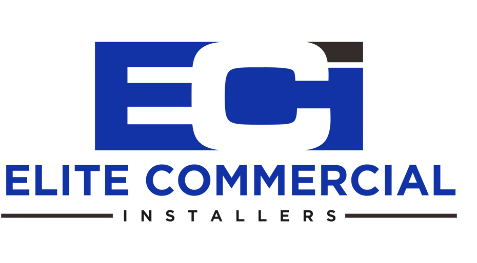Choosing the Right Roofing Material for Your Commercial Property
Making the Best Choice for Your Business
Selecting the right roofing material for your commercial property is a crucial decision that impacts the building’s durability, energy efficiency, and overall aesthetic. With various options available, it’s essential to understand the benefits and drawbacks of each material to make an informed choice. Here’s a guide to help you choose the best roofing material for your business.
- Built-Up Roofing (BUR): Built-up roofing, also known as BUR, is one of the oldest and most reliable roofing systems. It consists of multiple layers of bitumen and reinforcing fabrics, finished with a layer of aggregate. This type of roofing is highly durable and provides excellent protection against the elements. However, it can be heavy and requires professional installation.
- Modified Bitumen Roofing: Modified bitumen is a type of asphalt product that can be applied in various ways, including hot-applied, cold-applied, and self-adhered. This roofing material is known for its flexibility and resistance to extreme weather conditions. It’s also relatively easy to maintain and repair, making it a popular choice for many commercial buildings.
- Single-Ply Roofing: Single-ply roofing systems, such as TPO, PVC, and EPDM, are widely used in commercial properties due to their lightweight, flexibility, and ease of installation. These materials offer excellent resistance to UV radiation, chemicals, and punctures. Single-ply roofs are also energy-efficient, helping to reduce heating and cooling costs.
- Metal Roofing: Metal roofing is known for its longevity, durability, and low maintenance requirements. It is available in various materials, including aluminum, steel, and copper, and can be designed to mimic the appearance of other roofing materials. Metal roofs are highly resistant to fire, wind, and hail, making them an excellent choice for areas prone to severe weather.
- Green Roofing: Green roofs are an environmentally friendly option that involves planting vegetation on the rooftop. These roofs provide excellent insulation, reduce stormwater runoff, and improve air quality. While the initial installation cost can be high, green roofs offer long-term benefits, including energy savings and extended roof lifespan.
- Spray Polyurethane Foam (SPF): SPF roofing is a lightweight, seamless option that provides excellent insulation and waterproofing. It involves spraying a liquid mixture that expands into a foam, forming a solid layer. SPF roofs are energy-efficient, easy to install, and can be applied over existing roofing materials, reducing the need for tear-offs.
Conclusion
Choosing the right roofing material for your commercial property involves considering factors such as durability, maintenance, energy efficiency, and cost. Each material offers unique advantages, and the best choice depends on your specific needs and budget. Consulting with a professional roofing contractor can help you make an informed decision that will protect your investment and enhance the performance of your building.
For expert advice and high-quality roofing solutions, contact Ecri Roofing today. Our experienced team is here to help you choose the best roofing material for your commercial property and ensure a long-lasting, reliable roof.

